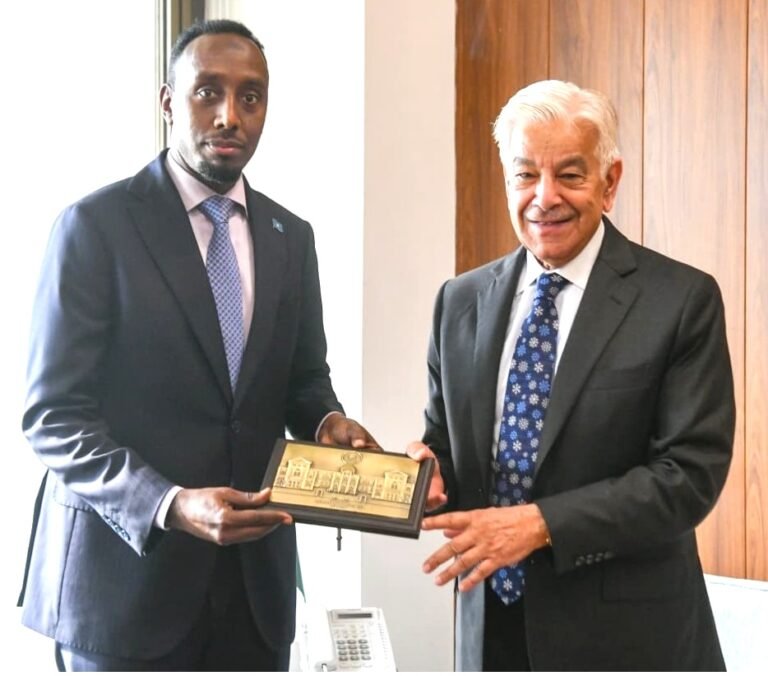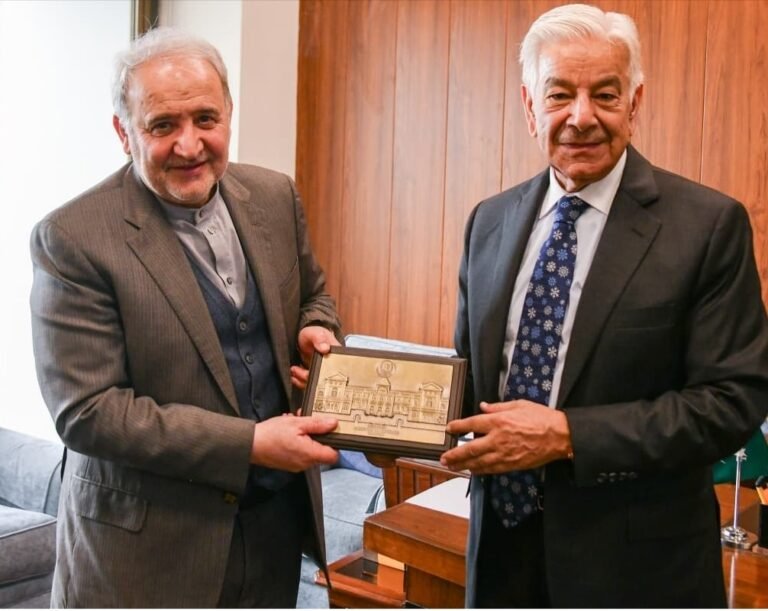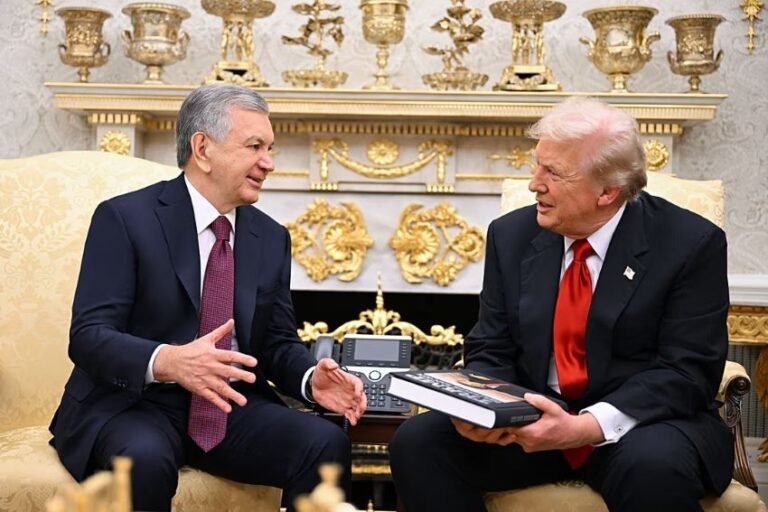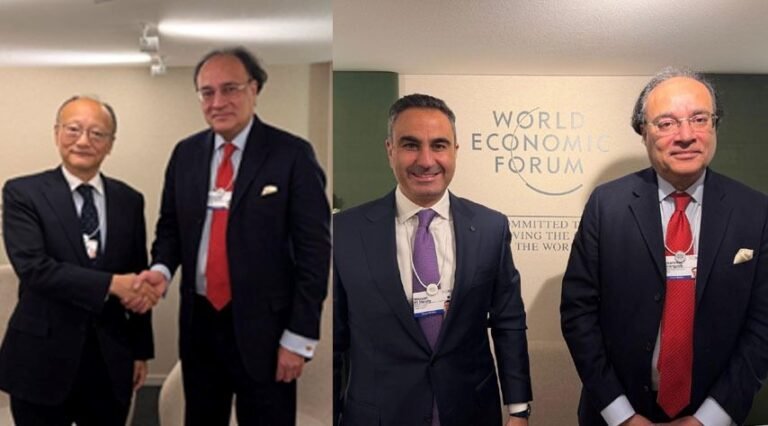“Suppose elections are free and fair and those elected are racists, fascists, separatists,” said the American diplomat Richard Holbrooke about Yugoslavia in the 1990s. Stringently speaking, there is a dire need to delineate the essence of democracy; the theoretical understanding, what it represents in the contemporary political milieu? And how can an ill-conceived veneer of democracy render an ineluctable and intractable form of governance, quintessence of elected dictatorship, especially in the developing world?
The term political democracy has been defined, from the time of Herodotus, as the rule of the people. When a country organizes periodic, competitive, and multiparty elections, it is essentially a ‘’democratic’’ country. Of course, when a country empowers the public with civic virtues; for instance, enfranchisement, adult suffrage, and referenda—the country becomes more democratic.
But hold on! Are things that unequivocal and hunky-dory, when it comes to the apparently ubiquitous and impeccable cliché “rule of the masses”? It may seem obfuscating and to some extent, even contemptuous, that some of us seem quick to chide against the benedictions of democracy. Notwithstanding, the true rationale behind this discourse is to inculcate and imbue the public with an eclectic notion of rational and impartial scrutiny when dealing with a concept that is socially pervasive and sina qua non to the fabric of governance.
Once we adhere to this credo, this knowledge society would sustain and burgeon an all-embracing process of consultation that would antecede; in Socrates’ words, a model of “intellectual democracy”.

One of the most prolific political scientists that delved into the exegesis of democracy was Samuel P. Huntington. In “The Third Wave”, he elucidates that democracy underscores open, free, and fair elections. The governments that come into power as a result of this socio-political paradigm may be incompetent, malevolent, lax, preoccupied and overpowered by personal interests and incapable of adopting the framework of public policy. These shortcomings, he argues, do not make the whole system undemocratic.
Democracy is one of the many public virtues and there is a close relationship that exists between all of them, which need to be clearly distinguished, for democracy to be understood as a feature of political systems. What it means is that democracy should not be presented as a threshold of ideal governance, encompassing a strict catalog of social, political, economic, and religious rights. This brings us to an important rebuttal.
Democracy, in theory and contextual applicability; should never be either, misnamed, substituted, or misunderstood with what is termed as “liberal democracy” or “constitutional liberalism”.
Liberal democracy or constitutional liberalism— at prima facie, is a term that portrays a political system which not only provisos free and fair elections but also stipulates the rule of law, separation of powers, protection of fundamental liberties of speech and assembly, free media, indiscriminate accountability and oversight, justice, equality, religion and ownership of property.

Case in point, it is a known fact that Adolf Hitler became the Chancellor of Germany through free elections. But the resulting Weimar Republic was far from being a liberal democracy. On the contrary, the island of Hong Kong Special Administrative Region of the Peoples Republic of China, is a quasi- sovereign state that is not a democracy in any sense, but it has always boasted an unrelenting commitment toward the safety of civic and public liberties as well as the rule of law.
Both the United Kingdom and United States— the hallmarks of western liberal democracy, allowed just two centuries ago, less than 3% and 6% respectively, of the total adult population for voting. The United States, until the 1960s, was marred by the Jim Crow laws that disenfranchised Southern blacks. The United Kingdom, however, decreed the Universal Adult Suffrage, which is contemporary standard for a state to be democratic, once women were fully enfranchised in 1928.
Were the two apparently ideal models of constitutionally liberal states in the world, in fact not democracies? That is not true.
The Magna Carta, or the Great Charter of Liberties, is a thirteenth century royal decree, promulgated under duress by King John after four decades of conflict between the monarchy and nobility. This charter ensured the rights of feudal lords, freedom of the church and autonomy of towns. This injunction was further enshrined through jurisprudence as a quasi-constitution, the first written tenet limiting the authority of monarchy in Europe and upholding certain individual rights.

Later, the Spirit of the Laws, by the Frenchman, Montesquieu further exemplified the British political system, through the principle of separation of powers. The English jurist William Blackstone, and his magnum opus Commentaries on the Laws of England inspired the American trifecta of Thomas Jefferson, John Adams, and James Madison— curators of the American Bill of Rights and the US Constitution— to underscore the extensive virtues of civil liberties, rule of law, free media, freedom of speech, justice, and equality.
These commentaries also left an indelible impact on Abraham Lincoln, who devised the abolition of slavery during the American Civil War, through his decorated work on the Emancipation Proclamation.
The purpose of this chronological context is to succinctly differentiate between the hollow and moribund silhouette of democracy in the contemporary world, with that of constitutional liberalism, which is absolutely unyielding when it comes to compromising certain civil rights, liberties, laws, and privileges for the sake of authority, necessity, security, utility or interests of the state.
Whether it is the Middle East, South Asia, Africa, Europe, Near-Abroad states or the Latin America—democracy itself has been reduced to nothing more than a mere political contraption which undergirds fundamentalist theocracies, military autocracies, hybrid regimes, right-wing/hyper-nationalist populists and downright authoritarian states; so much so that the facade of so-called democracy has arrogated the all-encompassing and potent doctrine of liberal democracy.

The famous nineteenth-century liberal Englishman John Stuart Mill forewarned in his masterpiece On Liberty that when countries progress toward democracy, people would inadvertently believe that too much heed is paid to make sure that the authority of government is limited. Because we have transitioned from autocratic regimes to self-governance by people’s representatives; the most likely response is to annul, limit or disregard accountability, oversight, merit, indiscriminate scrutiny of the executive, legislature and judiciary.
The supremacy of institutions and most importantly, the protection and upholding of civic and public liberties, rule of law and justice can also be held in abeyance or done with for good. Consequently, centralization of authority, absolute sovereignty, extrajudicial and extraconstitutional practices ensue. In most cases, the executive is going to be the preponderant pillar of state, which deliberately usurps both the horizontal and vertical branches of the state.
If that is not the case, then try to analyze the nature of governance in these states; an unmistakable concoction of sham elections, institutional decay, cult of personality, nationalist rhetoric, censorship, political patronage, dynastic leadership, conformist media and a handicapped civil society would always be hiding in plain sight. In 1927, the French philosopher, Julien Benda, wrote The Treason of the Intellectuals (La Trahison des Clercs) and presented a scathing critique of the intellectual class (the “clercs”) for abandoning their traditional commitment to truth, justice, and reason in favor of political passions and material interests.
Ultimately, let’s be nonconformist and intellectually rational next time when we venture out as “keyboard warriors”.

When the Roman Emperor Theodosius massacred a Greek tribe of men, women and children by inviting them over as guests on a pretense; the archbishop of Milan, a pious priest, publicly refused to give Holy Communion to the emperor. This enraged Theodosius as he rebuked the archbishop by saying that one of Bible’s heroic kings, David, was also guilty of homicide and even adultery, yet we celebrate him as a revered king.
Much to the utter amazement of all, the archbishop is reported to have said “You have imitated David in his crime, now imitate his repentance too.” For the next eight months, the Roman Emperor, the most powerful man in the world, is said to have dressed like a beggar (as David in the biblical tale) outside the cathedral of Milan to ask forgiveness of the archbishop.
*The views expressed in this article are the author’s own and do not necessarily reflect the editorial policy of TDI.

Faisal Hussain
Faisal Hussain is a freelance columnist with a keen eye on European politics, global security, US foreign policy, terrorism and Middle East. He can be reached at faisalpolitik@gmail.com
- Faisal Hussain








